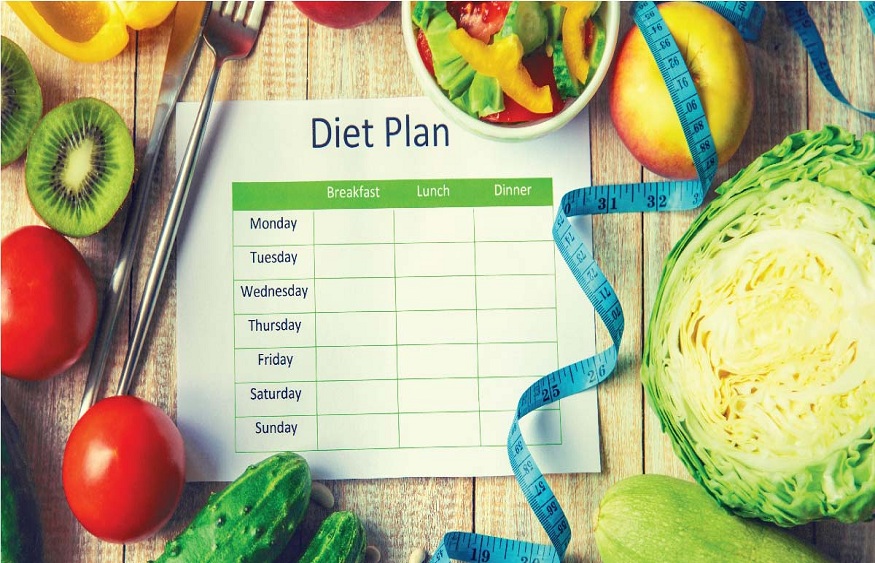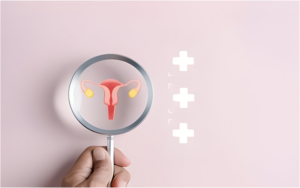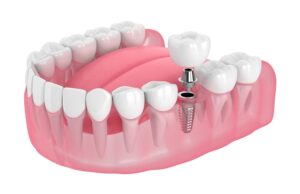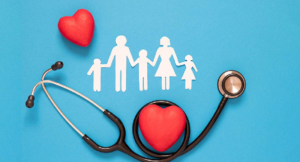What is a good dieting plan? How to achieve it?
5 min read
The majority of people think of diets as being associated with rapid weight loss and a limited consumption of food.
On the other hand, an individual’s health state, weight, and lifestyle, in addition to their weight reduction and health goals, are taken into consideration while developing a diet plan.
The diet plan serves as a customized guide that directs you’re eating habits, exercise routines, and lifestyle choices in the direction of achieving your highest possible level of health and wellbeing.
It is essential to maintain a nutritious diet throughout one’s entire life in order to reduce one’s risk of developing non-communicable chronic illnesses (NCDs), such as diabetes and obesity.
In addition to engaging in regular physical activity, maintaining a nutritious diet is absolutely necessary in order to attain “sustainable health,” which is defined as “a healthy and active aging that avoids the danger of diseases.”
What is a diet plan?
A diet plan, which is also sometimes called an eating plan, is a regulated way to eat that people use when they have to stick to certain food restrictions.
People who can’t eat gluten or have other food allergies may choose to follow certain diet plans that limit how much food they can eat. This is because these diets are made with their specific dietary needs in mind.
If a person’s diet is strictly controlled, that person can get all of the nutrients they need without eating too much of things that aren’t necessary.
In a similar way, diet plans can help people figure out which parts of their diet may need to be changed based on how their diet has changed their bodies.
When choosing a meal plan, it’s important to remember that not every diet will work for everyone, and even the ones that do work to improve health only do so if they are followed exactly.
Good thing there are fitness apps that make it easy to plan your daily workouts and meals. You can also keep track of your progress toward your health goals with these apps.
Why good diet plan
People often say that one of the main reasons they practice controlled meals is to lose body fat or weight.
There are a lot of different diet plans that fit into this category, and not all of them teach healthy eating habits.
For example, a diet that only involves drinking lemonade will almost certainly lead to weight loss, but it won’t be enough to meet the body’s needs for very long.
On the other hand, a diet plan that involves eating meals that have been planned ahead of time, are balanced nutritionally, and have as few calories as possible is sustainable and can be changed over time to fit the needs of the individual.
There are different healthy meal plans for people who can’t eat certain foods or have allergies to them. Some people, for example, can’t drink milk but still need to get enough calcium.
Problems like these can be solved by making special changes to a person’s diet, which may sometimes mean completely new ways of eating.
If you can’t eat meat or can’t eat gluten, for example, you might need to make your meals more complicated.
How to achieve good diet plan
You may have decided to start eating better as a New Year’s resolution, or you may just feel like it’s time to make some changes to your eating habits to live a healthier life and keep your weight in check. Where do you even begin?
If you start with and always follow these five tips for healthy eating, you will never get off track from your healthy diet goals.
Focus on Vegetables and Fruits
Many studies have shown that the more vegetables and fruits someone eats in all of their forms, the less likely they are to get chronic diseases like cancer, obesity, diabetes, and cardiovascular disease, which includes both heart disease and stroke. 1
Some foods that are low in calories are fruits and vegetables. According to a study published by the World Health Organization (WHO), there is strong evidence that eating more fruits and vegetables will make you less likely to become overweight.
Fruits and vegetables are less likely to lead to obesity or being overweight than high-calorie foods like processed foods high in sugar and fat. Sodium is also less likely to be found in fruits and vegetables.
Because they have more fiber and other nutrients, they are also linked to a lower risk of diabetes and insulin resistance.
They do this by making people feel full after eating less food. This keeps people from getting fat and stops them from feeling hungry between meals.
Studies have also shown that eating three to five servings of fruits and vegetables every day can lower your risk of having a stroke, and eating more than five servings of fruits and vegetables every day may lower your risk of having a stroke even more.
The amount of risk you face goes down in direct proportion to how many fruits and vegetables you eat. A rate of return on your money that is very satisfying.
Avoid Processed Meats
The International Agency for Research on Cancer (IARC), which is part of the World Health Organization (WHO), released a report on processed meats that cause cancer. The report says that processed meats can cause colorectal cancer.
They have also said that cancers like colon, pancreatic, and prostate cancer “probably” come from eating red meat in general.
Since being overweight makes you more likely to get a number of cancers, it is important to do everything you can to lower that risk.
Some processed meats that you should avoid are hot dogs, sausage, beef jerky, bacon, corned beef, ham, packaged deli meats, canned meat, and canned meat-based dishes and sauces. Corned beef and ham are two more processed foods you should stay away from.
Avoid Added Sugars
It is thought that the average American eats the same amount of sugar every day as 22 teaspoons.
Some of the biggest sources of added sugar that you should avoid are sugary drinks like soda and energy or sports drinks, grain sweets like pies, cookies, and cakes, fruit drinks (which are rarely 100% fruit juice), candies, and dairy desserts like ice cream.
Drink More Water
People often don’t think about the many ways that drinking water is good for their health. Still, you shouldn’t underestimate the importance of what is likely the healthiest drink of all.
Water doesn’t have any calories. But it has a lot of health benefits. Researchers have found that drinking a glass of water 30 minutes before a meal makes you feel fuller and makes it more likely that you will eat less overall, which means you will take in fewer calories.
Keeping yourself well-hydrated throughout the day can make you feel more alert, help you think more clearly, and lessen feelings of tiredness.
All of these things can help a person make better decisions about their nutrition. Getting enough water throughout the day can help keep kidney stones from coming back and can also help with constipation. This is one more thing that happens when you drink enough water.





